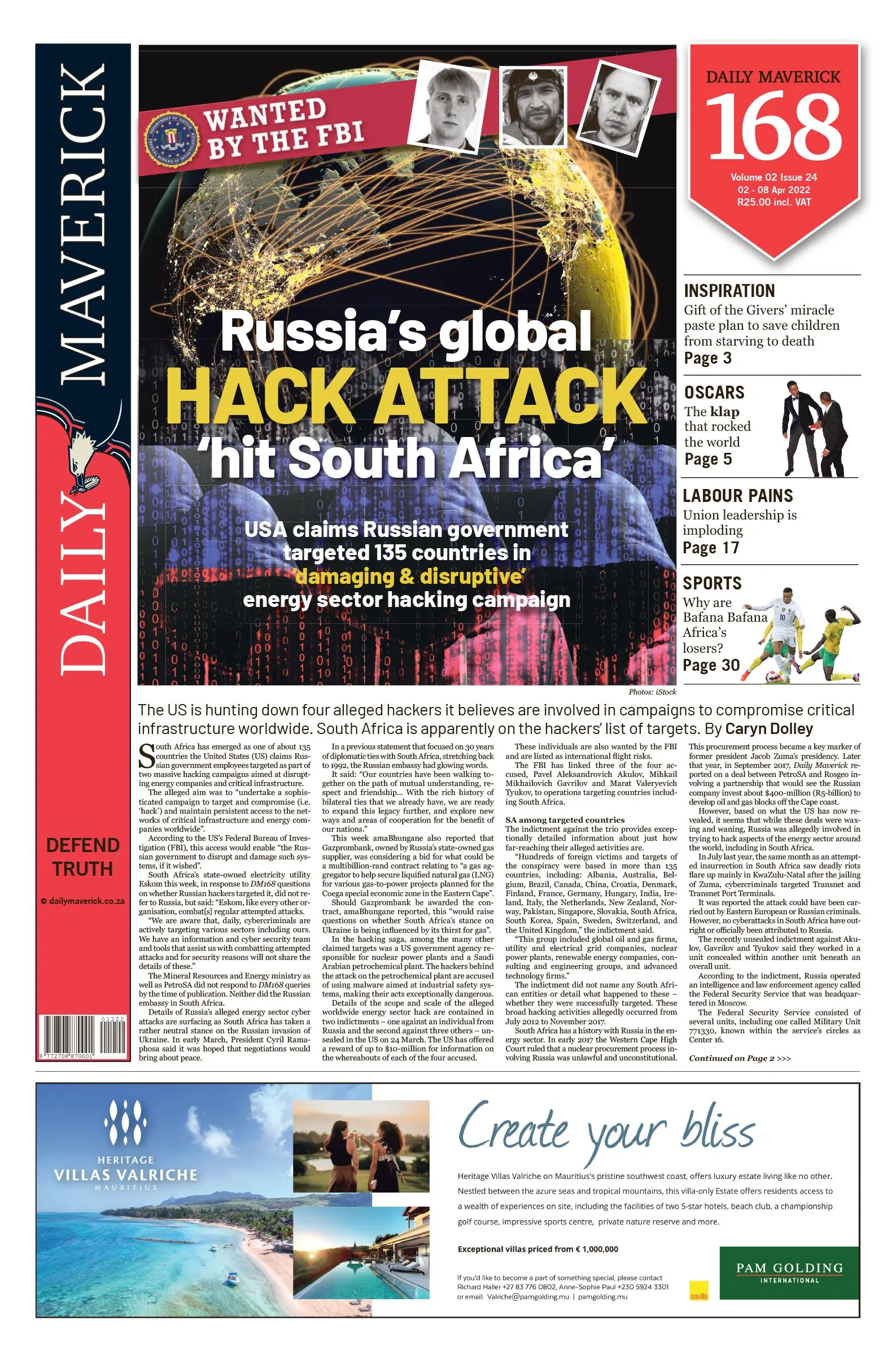After watching several United Rugby Championship (URC) matches last weekend, which only a smattering of fans attended, I threw out a casual tweet.
I questioned whether professional rugby unions (but also cricket and soccer clubs for that matter) should experiment with lowering ticket prices to R50 a person. What have they got to lose, considering their vast stadiums are almost empty anyway?
Some seats have been on sale for R200, with a limited number under R100. Lowering prices and enticing more fans to the venue will surely raise gate income, if only marginally, and concession sales and better atmosphere are other positive benefits.
After two years of various lockdowns, restrictions on the number of fans in stadiums was raised to 50% capacity, from 2,000 people, two weeks ago. Theoretically, that means the Lions could have 30,000 at Ellis Park, the Stormers 26,000 at Cape Town Stadium and the Bulls and Sharks about 25,000 at Loftus and King’s Park, respectively.
If more than 3,000 fans have attended any game since the restrictions were eased, it would be a generous estimation. What is keeping fans away?
My thinking before tweeting was that fans haven’t been flocking to stadiums post-lockdown, so why not reduce one significant barrier, especially in difficult economic times, and see what the response is?
The tweet received a great deal of traction, underlining that it hit a nerve. Ticket prices are not a silver bullet that will magically see fans flocking back, but the majority agreed it was a barrier.
The Bulls (not as a reaction to my tweet as far as I’m aware) stated a few days later that they had lowered all ticket prices to a bargain-basement price of R25. They wanted 25,000 fans at Loftus (50% of the permitted capacity) for the URC match against Ulster — and got nearly 20,000. By doing that, they have answered one question: ticket pricing is a significant factor in bringing fans back to stadiums.
But it will take time to see if there is a trend. One weekend of cheap tickets may have seen a spike in attendance figures, as fans responded to the Bulls’ rallying cry. The trick is to keep them coming back week after week.
Fans must be fully vaccinated or produce a negative PCR test of no more than 72 hours old. For those resistant to vaccinations, it’s unlikely they will go to the trouble of a Covid test to attend a rugby match. That is another hurdle for clubs to overcome.
Providing cheap and fast Covid testing at stadiums has been done and can be rolled out, but it comes at a cost to the club and adds a layer of irritation unvaccinated fans are unlikely to countenance.
Couch-bound
The Covid pandemic has been a huge factor in driving fans away. In lockdown, there was no sport. When the restrictions were eased, sport returned — but with no fans.
After two years of changing habits, have people become less inclined to leave couches and the variety of sport on DStv?
The pay channel takes criticism for its pricing and limited streaming services, but the volume and diversity of sport it offers for R900 a month for the full service is a bargain when set against a family of four attending four live matches a month.
That is what sports clubs are competing against in an ever-tougher economic climate. But to lay all blame on the pandemic and TV is also a narrow view.
A document circulated to the South African Rugby Union (Saru) general council in late 2020 highlighted alarming attendance and viewership trends before the pandemic hit.
Attendance figures at Super Rugby matches had dipped massively. In 2015, the Stormers’ average home crowd was almost 33,000 and, by 2019, it was 16,000 — more than a 50% decline in four years. The Lions were averaging 23,300 in 2015 and, by 2019, only 13,400 fans were attending home games. The Bulls and Sharks attendances fell by nearly 3,000 people per game.
Even more alarming was the decline in TV audiences. The Stormers were, unsurprisingly, the most-watched team on TV, in line with their status as the team with the best attendance figures.
In 2015, the Stormers averaged 635,000 TV viewers per Super Rugby game. By 2019 that had declined to 261,100. The Bulls went from an average of 591,000 viewers in 2015 to 253,000 in 2019 and the same trend followed the Sharks (534,550 to 257,000) and the Lions (494,000 to 218,000).
Clearly, fans were falling out of love with Super Rugby. It was a major factor in Saru seeking alternatives in the northern hemisphere when New Zealand broke away from their Super Rugby alliance midway through the pandemic.
The URC has struggled to gain traction for several reasons, but the pandemic is the most critical. The tournament has been disjointed and massively affected by cancelled and rescheduled fixtures.
In the past month, though, South African teams have been playing good rugby against visitors from Ireland, Wales, Scotland and Italy, and the URC is slowly starting to build its own history.
For struggling rugby unions in South Africa, it is vital that fans return and they must explore all avenues to make that happen. Ticket pricing is a start, but other factors will need to align.
More vaccinated fans, a better stadium experience, more palatable kick-off times and, most importantly, a winning team are some necessary ingredients to bring fans back. DM168
This story first appeared in our weekly Daily Maverick 168 newspaper which is available for R25 at Pick n Pay, Exclusive Books and airport bookstores. For your nearest stockist, please click here.


















 Become an Insider
Become an Insider